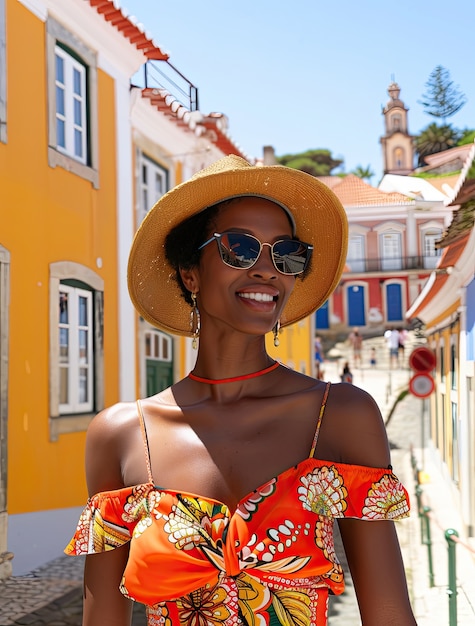
My guest post today takes us to the Bahia region of Brazil, a place known for its laid-back lifestyle, beautiful beaches, diverse wildlife, and national parks. Bahia is larger than most European countries, and I’m grateful to have my guest writer Modi to guide us through it.
Bahia is one of Brazil’s most vibrant regions, especially striking to Westerners due to its rich cultural diversity. Brazil is a vast country, slightly smaller than the US but larger than Europe (excluding Russia), so planning your trip in advance is essential unless you have years to explore.
With an area of 564,000 square kilometers and a population of nearly 14 million, Bahia is larger than Spain and twice the size of Great Britain. For Europeans, visiting Bahia feels like traveling to another country. Culturally, historically, and naturally, Bahia stands out. It was here that the Portuguese first “discovered” Brazil in 1500, making it part of their empire. The Dutch briefly took control, and it was in Bahia that many African slaves were brought to work on plantations.
After the abolition of slavery, the Portuguese left the former slaves to fend for themselves, which is why Bahia remains the most culturally diverse part of Brazil, with people of European descent being a minority. This history also contributes to Bahia being one of Brazil’s poorest regions, with high unemployment rates, especially in the capital, Salvador.
Bahia offers a variety of attractions, from stunning national parks and scenic valleys to pristine beaches and beautiful islands. The most famous national park is Chapada Diamantina, known for its steep cliffs and diverse wildlife, including snakes, large mammals, birds, and insects. The beaches around Porto Seguro, such as Trancoso, Caraiva, and Itacare, are also popular destinations. Caraiva is a remote seaside village with no electricity except for petrol generators, and Itacare hosts the Brazilian surfing championship annually.
Caravelas, a quiet village between a river and the sea, offers an authentic Bahian experience and is a gateway to Abrolhos National Marine Park, where Charles Darwin once conducted research. The park is perfect for scuba diving and snorkeling, with its clear waters and vibrant marine life.
Bahian people, or Bahianos, are known for their friendliness, simplicity, and openness. They are often seen as “cool” because they seem to live without stress, always ready for a laugh, dance, or chat. This laid-back attitude has led to the stereotype that Bahianos are lazy, especially among wealthier southern Brazilians. Bahia is also a great place to learn Portuguese, as the locals speak slowly and are patient with foreigners.
The daily life in Bahia is heavily influenced by African culture, evident in the food (mainly seafood), music (axe, forró), religion (Candombe), and martial arts (Capoeira). A visit to Salvador, Bahia’s capital, is a must, as it is a central hub for travelers.
While some tourist guides label Bahia as dangerous, avoiding big cities and not flaunting valuables can help you stay safe. Showing respect to the locals, who may not have as much as you, will make your experience more enjoyable. In smaller towns, you’ll feel safe and welcomed. All you need is common sense and a bit of empathy for the local people’s challenges.